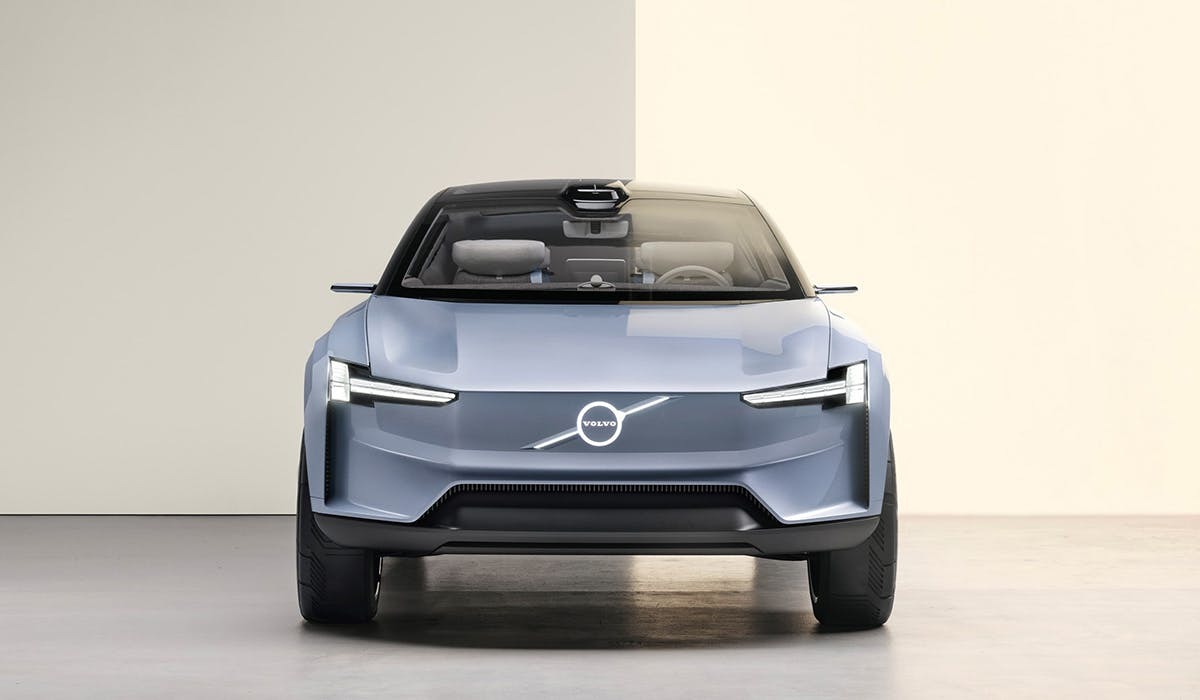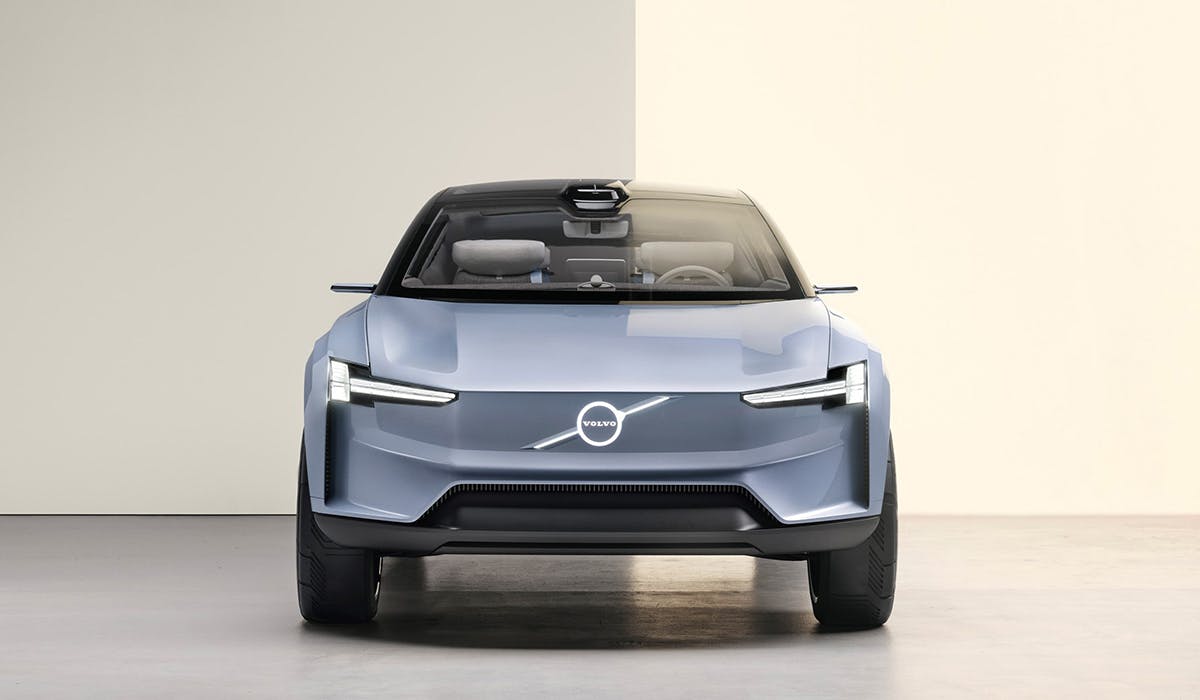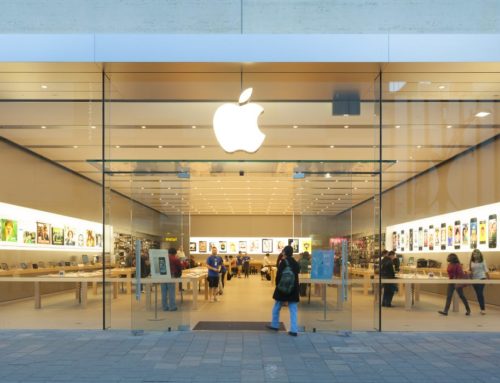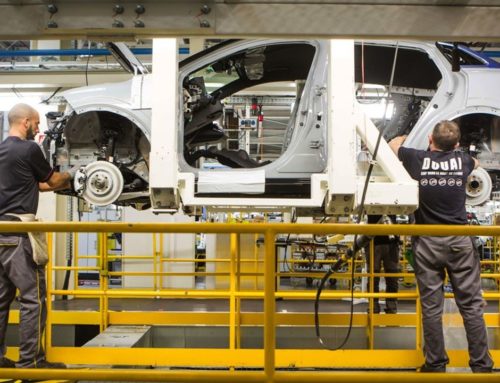
“Car manufacturers, including Volvo Cars, have been fuelling the crisis for a century,” one tweet from the Volvo account read.
Volvo aims to be all-electric by 2030 and carbon neutral by 2040, and to reach these goals Volvo will need petrol-accustomed consumers’ support. Melillo Shaw said Volvo considers it to be its responsibility to educate consumers on the topic.
Volvo works to ensure consumers feel comfortable about “the change that is inevitably coming” on the shift to electric vehicles, she said. The company’s principle about transparency extends to how it sells its electric cars.“Understanding the total cost of ownership has been a key focus for us so that people, as they’re making that decision, understand it is a different model, it is a different way of owning a car and running a car,” she explained.
Transparency in communicating on issues of sustainability is important internally as well as externally, Pilgrim’s Food Masters innovation and sustainability director, Dawn Spencer, added.
Spencer said the food manufacturing company, which includes brands like Richmonds and Fridge Raiders, has weaved the principle of sustainability through its entire business. Pilgrim’s has a team set up to deliver its corporate strategic agenda around sustainability, as well as cross-functional teams that can put resources wherever they are needed across the whole business.
A driving force behind the creation of this team structure was the need for effective communication, Spencer said. As well as internal stakeholders and shareholders, Pilgrim’s must communicate its sustainability goals to retailers too.
Pilgrim’s has been sharing success stories to bring along stakeholders on the issue of sustainability. Spencer acknowledged that sustainability discussions can become complex, but the company takes care to share its success stories in a “really digestible and really easy to understand” way.
For Volvo’s Melillo Shaw, what works internally is a good sign for what works externally. If you can’t convince internal stakeholders, you probably can’t convince the general public.
The journey to tackle the climate crisis is something of a “marathon”, said Pilgrim’s Spencer. “There’s probably no finish line for sustainability.”Agreeing, Melillo Shaw said for individuals within the business, sustainability targets of 2030 and 2040 can feel a long time away. It’s important to identify more tangible steps for employees to take to make them feel like they’re part of the company’s long-term goals on sustainability, she added.
One example was an idea that came from within the team to replace some paper documents with an app. While this is a relatively small step, it’s one that means those within the business can have a tangible role in the company’s sustainability goals.
Action on sustainability and driving profit are not always seen as compatible goals. But Spencer argued there are business case wins. Sometimes brands need to focus on smaller wins as well.
Lire l’article complet sur : www.marketingweek.com







Leave A Comment